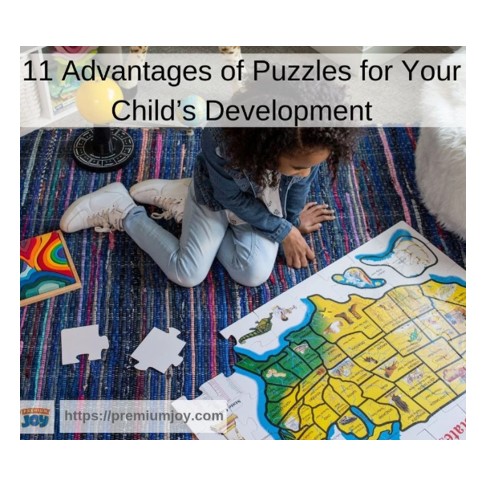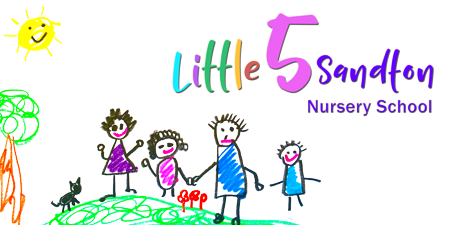Puzzles are not only loads of fun but also extremely beneficial to your child’s development…
11 Advantages of Puzzles for Your Child’s Development
Your toddler’s chubby hands grasp at puzzle pieces, trying to force them together. You cringe as your child jams the pieces together.
But, with practice, in a few short months, not only will the same jigsaw puzzle be a piece of cake, but your child will also find it easy to solve other similar puzzles. Why?
Your kid’s brain will have changed.
A favourite toy of educators and parents alike, puzzles are deceptively simple. All you have to do is put pieces together to make a whole.
But despite their apparent simplicity, puzzles are a fantastic learning tool that teaches youngsters many essential life skills. What are they?
Below, discover 11 benefits of this educational toy for child development along with some practical tips.
Concentration
Puzzles help kids improve their focusing ability so they can concentrate more and have greater patience while working on tasks.
Spatial Awareness
As children play with puzzles, they develop their perception of themselves in space and how other objects relate to them.
Shape recognition
Puzzles support their learning of geometric forms allowing them to distinguish between the various shapes like squares and rectangles.
Topic Specific Knowledge
Children learn about many topics while working on puzzles which can include images of anything in the world such as habitats and creatures.
Fine Motor Ability
Puzzles aid kids in strengthening their hand muscles as they hold, move and fit the pieces in precise spots which develops fine motor skills.
Hand Eye Coordination
To assemble a puzzle, children need to move the pieces into specific areas which requires the hands and eyes to work together.
Problem Solving Skills
Putting a puzzle together requires that children use problem-solving strategies as they lay all the pieces in the correct spot.
Language
After solving a puzzle, children typically talk to their teacher to learn about the assembled image which promotes vocabulary and speech skills.
Memory
Kids like to assemble the same puzzle many times which helps them remember where the pieces go and improves their memory.
Self Esteem
When children solve a puzzle, they add to their list of achievements and become more confident in their abilities which boosts self-worth.
Social Skills
Puzzles provide children with a learning space to talk and work together in order to assemble the image which develops their social skills.

It is crucial to your child’s early development to spend an hour a day playing with puzzles.



source: https://premiumjoy.com/blog/advantages-of-puzzles-for-child-development